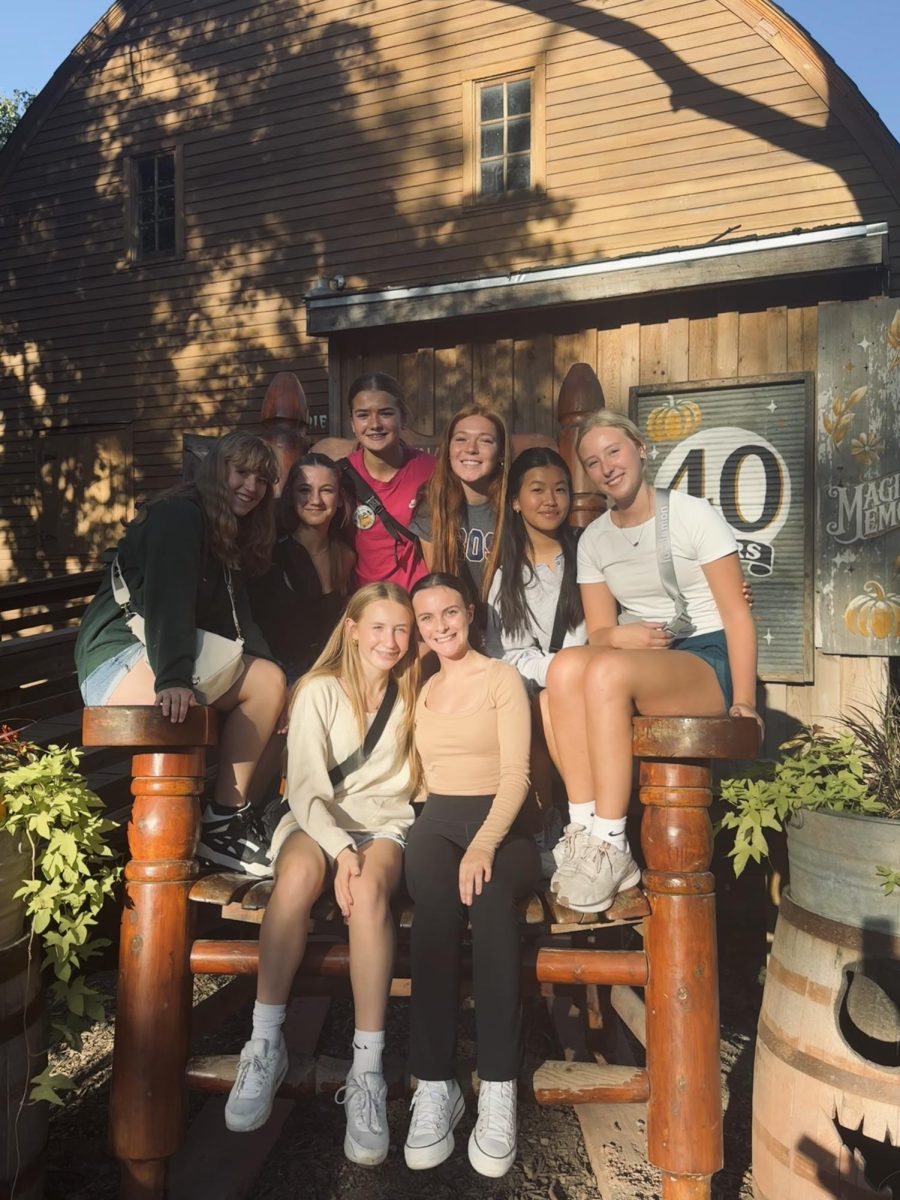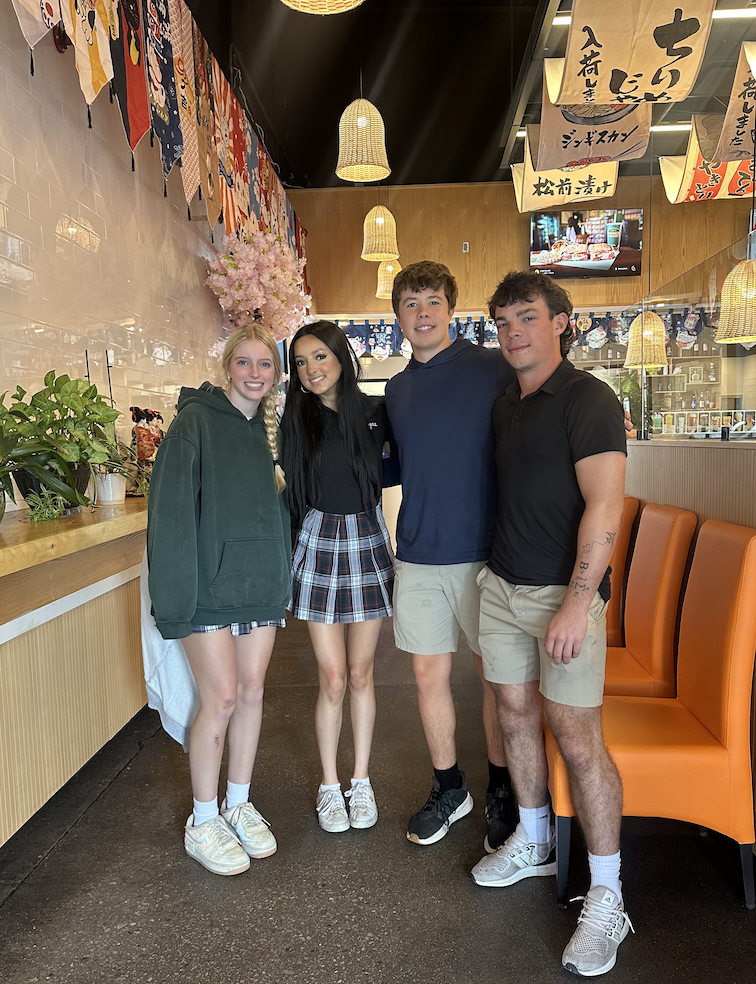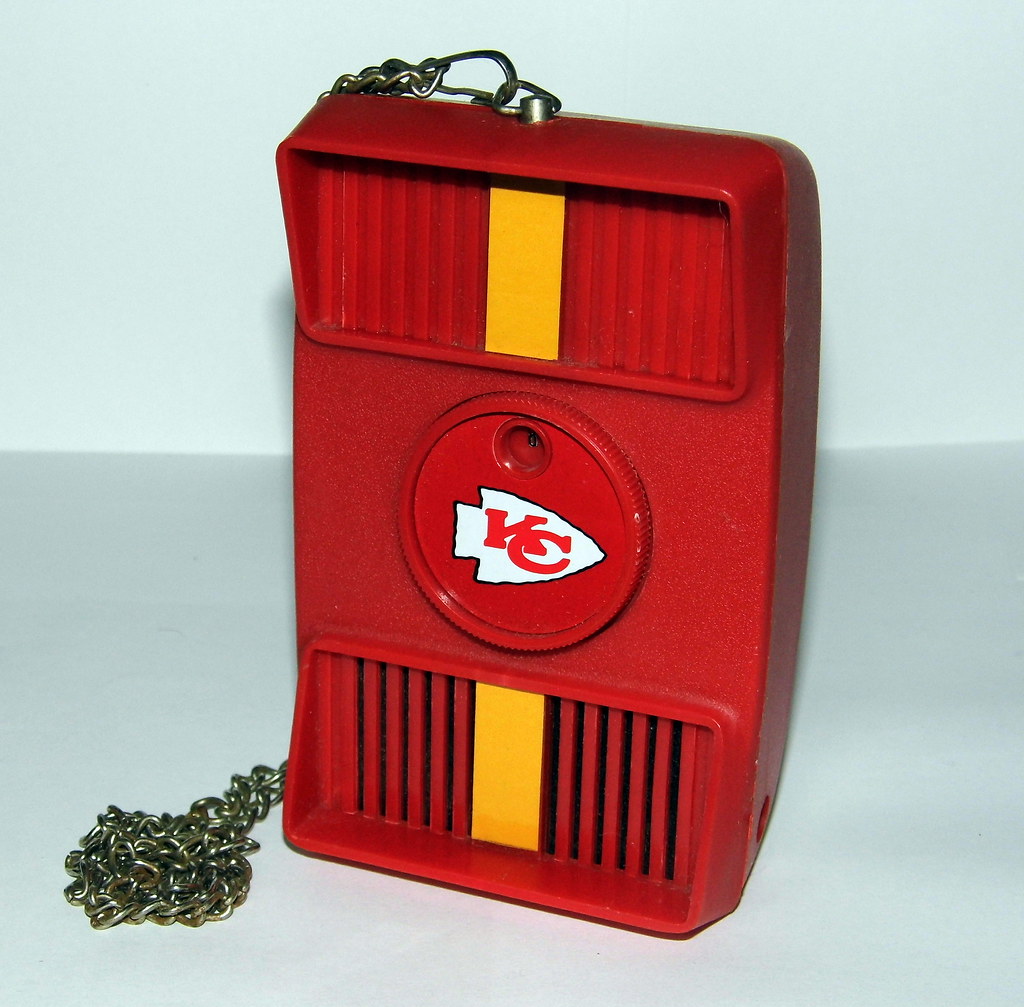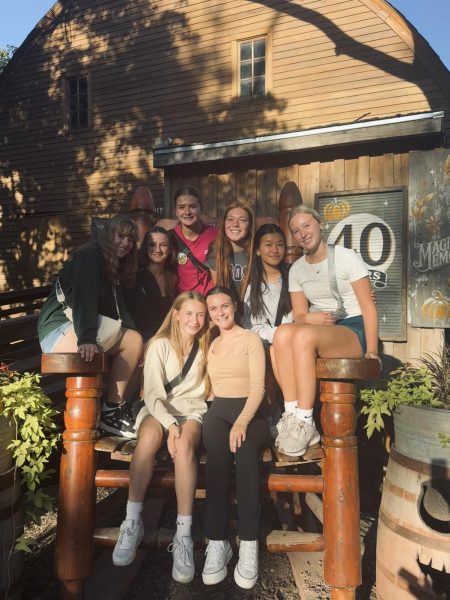Why Did the BT Food Drive Flounder?
A postmortem on an underwhelming attempt to collect food for those experiencing food insecurity in our community.
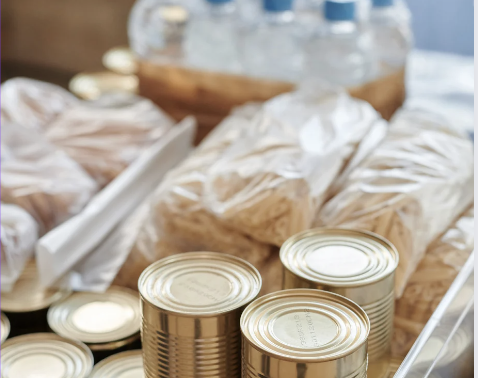
In our final food-themed feature story of the year, we take a look at the issue of food insecurity, which is a serious issue that affects many children and adults in the Omaha metropolitan area, though it is an issue that too few people know about or take action to prevent. We’re also taking a closer look at the recent effort to collect food at Brownell Talbot in our annual National Honor Society-led food drive, which did not gather nearly as many items as hoped for, which begs the questions: where did we go wrong, and what can we do better next year?
Food drives are not new to the National Honor Society, as we have been hosting drives on campus for years. When looking for organizations to host a drive for, Completely Kids has always been a strong partner of BT, as they serve the same audience as BT does: students. It’s critical that students have access to food for many reasons: growth and development, academic success, and positive behavior. In past years, we have collected food items in hopes of making grand food sculptures. While making food sculptures is a slightly childish activity, Upper Schoolers have fun working with their peers to make art for a good cause. In future years, we hope to continue our partnership with Completely Kids—not only donating to their After School and Weekend Food Program but also learning about food insecurity and how their organization is benefiting the greater Omaha community.

An unsuccessful food drive at school can be a disappointing and disheartening experience for everyone involved. When a food drive fails, it can leave those in need without the necessary resources to provide for themselves and their families. It is essential that students and teachers understand this. Hopefully this experience will help the community learn from mistakes made and make changes to ensure the success of future drives. This may include better planning and communication, more engagement within the community, and even setting a goal for everyone to meet. To reflect on our food drive, we interviewed Laura Armas, the resource coordinator for Completely Kids. She was a teacher for 22 years and her compassion for helping kids has given her the experience to become a leader in the organization. When asked about how food scarcity specifically affects children, Ms. Armas explained that it can have a significant impact on their physical, intellectual, and emotional development. Children who face food insecurity struggle in school because they come to school hungry and have a hard time focusing. In addition, we asked her for potential strategies to help engage students, specifically upper schoolers. In response, Ms. Armas acknowledged that it can be challenging to reach high school students, but suggested using poverty simulator activities to help them understand the realities of poverty and its impact on society.
However, we do want to acknowledge those who did contribute to the food drive, specifically the third grade class. There was a noticeable donation made by the class that the National Honor Society greatly appreciated. We interviewed one out of the two third grade teachers and asked for some feedback on why the third grade class did so well. “We connected the food drive to our first inquiry unit of the year ‘Everyday Heroes.’ The students were able to recognize that even the simple act of donating food could have a big impact on someone else’s everyday life.” The efforts of the third-grade class not only filled the food drive collection boxes but also inspired other students and individuals to participate wholeheartedly. Their commitment to making a difference in the lives of others is an inspiration to us all and a testament to the incredible potential within each and every one of them.
We also asked about strategies to improve the results of a food drive. Armas suggested that a lack of empathy may have prevented its success. She recommended making sure parents and guardians are aware of the food drive and making it a competition for the students, with a reward for the class that collects the most food. However, part of developing empathy is getting first-hand experience in volunteering. Armas enthusiastically informed us that Completely Kids has a myriad of opportunities for service learning. She advises students to peruse their website or contact Ismael, the development/volunteer coordinator at [email protected] for volunteer opportunities. Completely Kids is looking for volunteers year-round, and the same goes for donations. We asked Armas what time of the year does it make the biggest difference to hold a food drive. Armas expressed that Completely Kids is always in need of donations; every can, box, or container helps alleviate food insecurity in our community, one child at a time.

